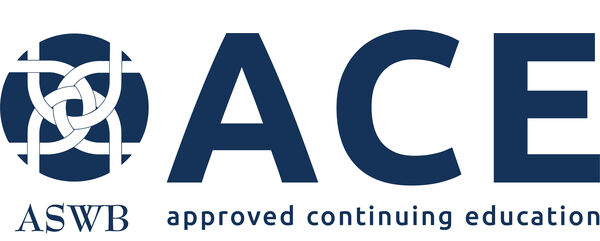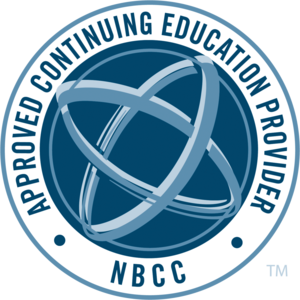Communication in Cancer Care (2 credit hours)
Program Summary: This updated course explores communication in cancer care and highlights the importance of effective, high-quality, bidirectional communication for patients and families. The course examines the challenges involved in cancer-related communication and acknowledges that better models and strategies are needed. Research findings, communication models, and demographic and cultural considerations are discussed.
This course is recommended for social workers and counselors and is appropriate for beginning and intermediate levels of practice.
Reading: Communication in Cancer Care (PDQ) Publisher: National Cancer Institute
Course Objectives: To enhance professional practice, values, skills and knowledge by exploring communication in cancer care.
Learning Objectives: Describe the importance of effective communication in cancer-related care. Identify cultural considerations related to age, gender, race, ethnicity, and socioeconomic status. Describe recommendations for effective cancer-related communication.
Review our pre-reading study guide.
G.M. Rydberg-Cox, MSW, LSCSW is the Continuing Education Director at Free State Social Work and responsible for the development of this course. She received her Masters of Social Work in 1996 from the Jane Addams School of Social Work at the University of Illinois-Chicago and she has over 20 years of experience. She has lived and worked as a social worker in Chicago, Boston, and Kansas City. She has practiced for many years in the area of hospital/medical social work. The reading materials for this course were developed by another organization.





